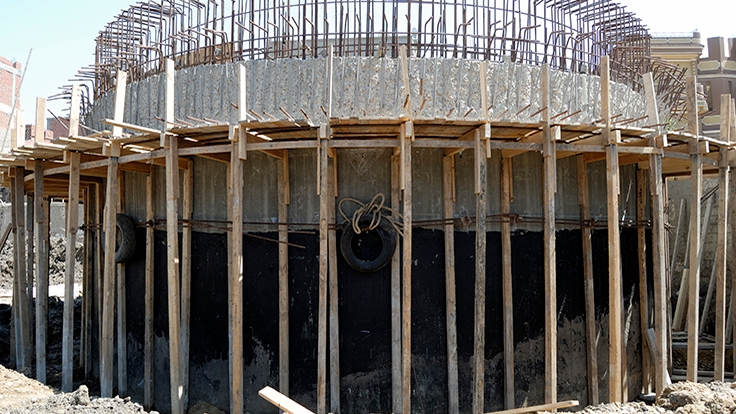Egypt has made impressive strides in providing rural areas with access to clean water. Piped water now reaches over 90 percent of rural villages. Sewerage and sanitation services, however, have lagged far behind.
Only 20 percent of rural villages are served by sewerage networks with treatment plants. This results in the discharge of significant amounts of untreated wastewater into agricultural drains and canals. Far from simply causing pollution, this is a threat to both public health and the environment.
The World Bank has been providing ongoing support for efforts to expand access to sanitation and sewerage services in rural Egypt. A US$120 million loan in 2008 financed the Integrated Sanitation and Sewerage Infrastructure Project (ISSIP1) in the three Delta Governorates of Beheira, Gharbeya and Kafr El Sheikh. With the recent launch of the Second Integrated Sanitation and Sewerage Infrastructure Project (ISSIP 2), the Bank’s support to this sector has risen to US$320 million.
The ISSIP 2 will help provide about 1.2 million people in two governorates in the Delta (Menoufia, Sharkeya) and two governorates in Upper Egypt (Assiut, and Sohag) with increased access to improved sanitation and sewerage services.

